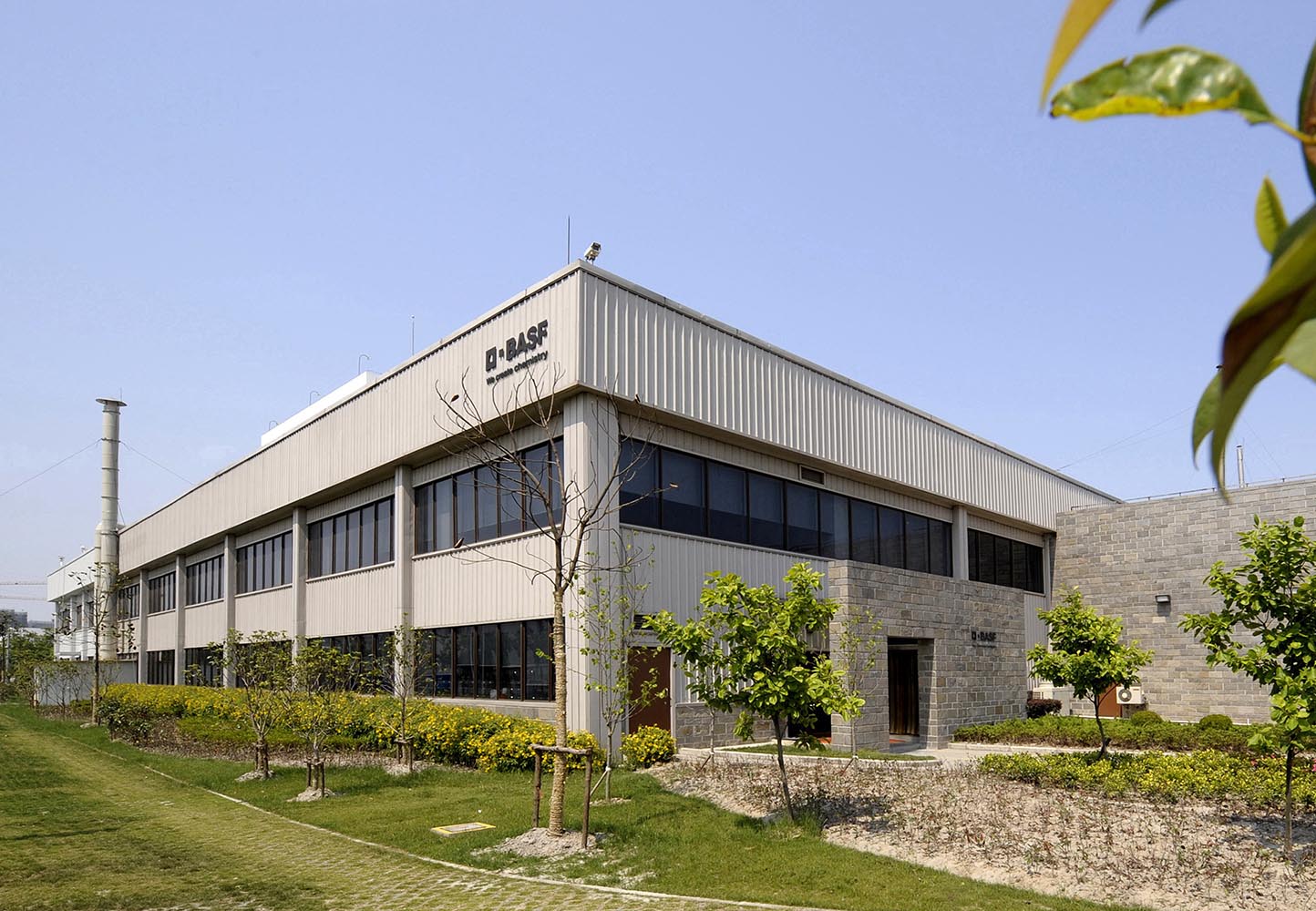
BASF divesting from BDO joint ventures in China’s Xinjiang region
BASF announced that it has started the process of divesting its shares in two 1,4-butanediol (BDO) joint ventures, BASF Markor Chemical Manufacturing (Xinjiang) Co., Ltd. and Markor Meiou Chemical (Xinjiang) Co., Ltd. in Korla, China.
As part of its global strategy for 1,4-butanediol, BASF has assessed the market environment and product carbon footprints (PCF) of BDO and its downstream products from different production sites worldwide, the company said.
“BDO value chains are under increased competitive pressure and characterized by global overcapacities,” the German chemical company said in a statement.
Carbide-based BDO and polytetrahydrofuran produced in Korla have a significantly higher product carbon footprint (PCF) due to the use of coal as a base raw material and the high energy intensity of the production process, BASF said.
“In the future, BASF will customize its global portfolio of BDO and affiliated downstream products to provide competitive low-PCF offerings.”
Despite numerous press reports citing that BASF was under pressure to divest its shares due to allegations that employees of BASF’s partner firm participated in state-sponsored repression campaigns against the Uighur Muslim minority, BASF said that regular audits found no evidence of human rights issues. BASF stressed it has no indication employees were involved in any human rights violations.
“Nonetheless, the allegations conflict with our values,” said a company representative. “We will exit the joint ventures subject to required approvals.”
BASF reaffirmed its commitment to the Chinese market, underscoring the significance of Greater China, which accounted for 14% of the company’s total sales in 2022.














